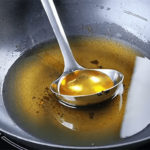Pouring cooking oil down the drains, pipes, sink, or toilet will cause blockages in your household’s water drainage system and contribute to widespread blockages in the city’s water pipes, leading to serious damage to the environment and economy. Since cooking oil can be in liquid form when hot, but solidifies and congeals into oil particles and large clumps inside the pipes when cooled, it can prevent water flow and cause backflows into the kitchen and other areas of the house.
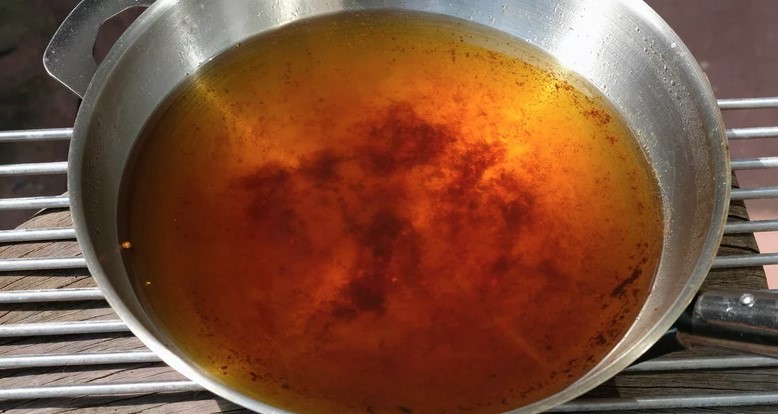
If you pour oil onto the ground, a large amount of used cooking oil seeping into the soil where plants grow will cause air and moisture flow problems, damage fertilizers, make plants sick and die… So what can we do with used oils? Here are some suggestions for you!
1. Use as a lubricant
Used cooking oil is a high-quality lubricant indoors. You can use this oil to coat hinges, locks, and other metal objects to limit metal oxidation, prevent rust, thereby prolonging the lifespan of these objects.
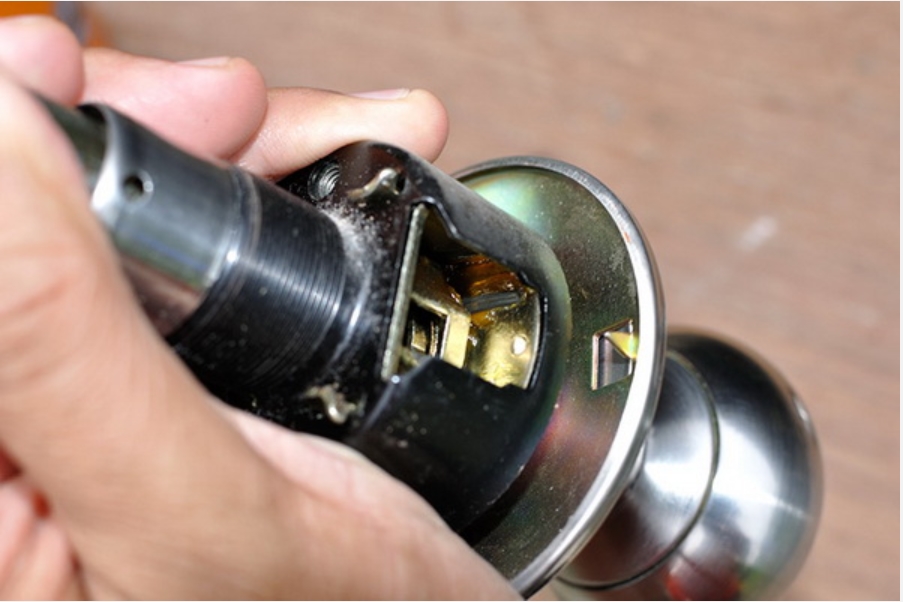
2. Polish and restore indoor furniture
If you have wooden furniture in your house and it has scratches, you can use used cooking oil to polish and restore the appearance of the wood furniture. By mixing equal parts of cooking oil and vinegar, then applying it to the furniture, you can create an effective anti-corrosion, polishing agent for indoor wooden furniture.
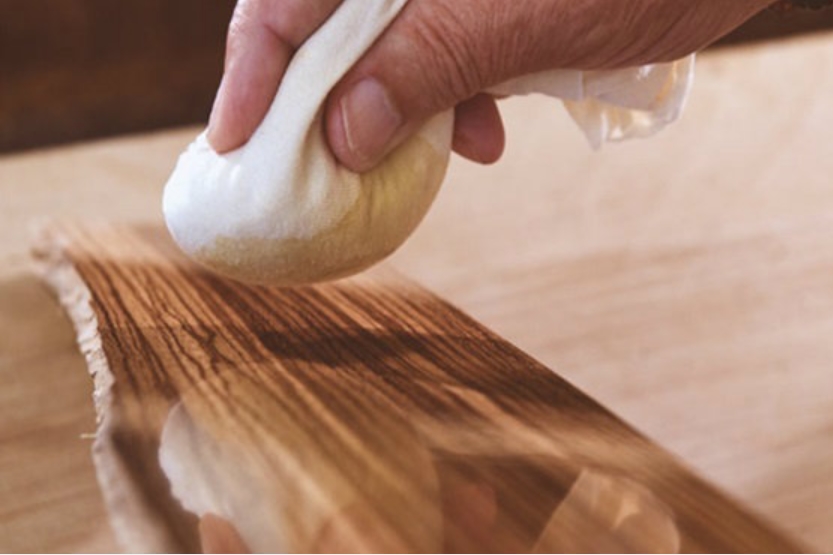
3. Prevent aging of leather furniture
Used cooking oil can be used to maintain the long-lasting durability, shine, and a new look for leather and faux leather furniture. Cooking oil also helps protect the leather from discoloration, drying due to sunlight, dust, and prevents dirt from sticking to the surface of the leather while providing moisture to keep the furniture looking new. Of course, before using cooking oil, you need to filter out any food particles from the previous frying process.
4. Prevent rattan furniture from breaking
Rattan furniture is prone to becoming brittle and breaking when dried. However, you just need to rub used cooking oil on the surface of the woven rattan furniture to help maintain moisture inside and prevent cracking.
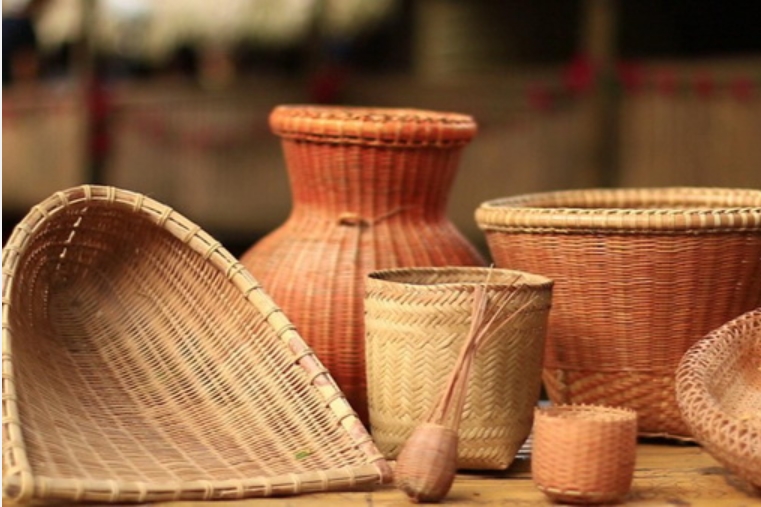
5. Shine gardening tools
When gardening, soil, grass clippings, etc., tend to stick to tools such as shovels and lawnmower blades. Coating these tools with used cooking oil will help prevent soil or grass clippings from sticking to them.
6. Make organic fertilizer
If you already have a compost pile at home, adding used vegetable oil to the pile will help improve the fermentation process. But remember to use vegetable oil because if you use animal oil, it will attract harmful insects.
Source: An Nhiên – Vietnamnet
Tips for Disposing of Excess Cooking Oil
Have you ever been left with excess cooking oil after a meal and been unsure of how to dispose it properly? Well, it turns out pouring it down the drain or flushing it down the toilet is not the right way to go about it as this can cause blockages in the pipes as well as attract a range of unpleasant pests. To help you with this issue, here are some proper methods for disposing of your excess cooking oil.
Surprising Uses of Onion Skins That You Never Knew
Fruits and vegetables amaze us with the nutrients they provide, even their peels are beneficial. Onions are a highly beneficial bulb, and onion juice can treat thinning hair and nourish hair follicles due to its high sulfur content. Onion peels are also rich in fiber and antioxidant compounds with numerous amazing uses.
























